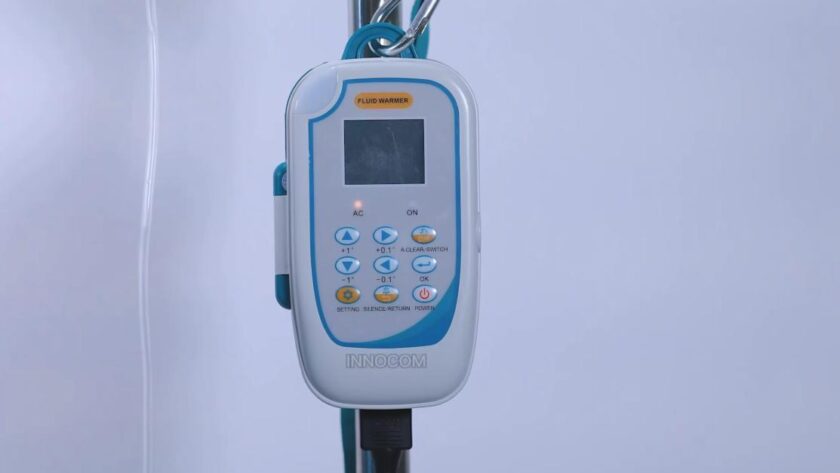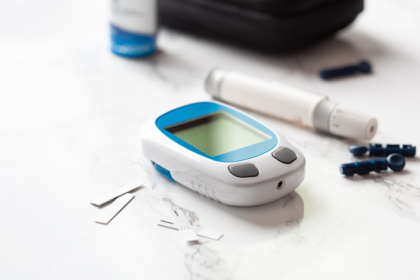In medical procedures, maintaining the correct body temperature is crucial for patient safety and recovery. One of the key tools used to regulate body temperature during various treatments is the fluid warmer. This device ensures that fluids, such as IV solutions and blood, are administered at the appropriate temperature.
Here are seven reasons why a fluid warmer is important in medical procedures.
1. Prevents Hypothermia
Hypothermia is a significant risk when patients receive cold intravenous fluids during surgery or emergency procedures. A fluid warmer ensures that fluids are warmed to a safe temperature before administration, helping to prevent drops in body temperature that can lead to complications such as cardiac arrhythmias or prolonged recovery times.
2. Enhances Patient Comfort
Administering cold fluids can cause discomfort or even pain for patients. By using a fluid warmer, medical professionals can offer a more comfortable experience, particularly during lengthy procedures or when large volumes of fluid are required.
3. Supports Better Blood Circulation
When fluids are too cold, they can constrict blood vessels, making circulation more difficult. A fluid warmer helps to maintain normal vascular function, allowing fluids to flow more freely through the body and promoting better circulation throughout the procedure.
4. Aids in Blood Transfusions
During blood transfusions, it’s vital to ensure that the blood is warmed to the right temperature. Using a blood warmer reduces the risk of causing a shock response from cold blood being introduced into the body, which can lead to adverse reactions like vasoconstriction or increased blood pressure.
5. Prevents Coagulation Issues
Cold fluids can affect the clotting function of blood. When fluids such as blood or plasma are transfused at lower temperatures, they may contribute to clotting disorders. A fluid warmer reduces this risk by ensuring the fluids are at the optimal temperature for safe transfusion.
6. Improves Surgery Outcomes
In surgical environments, maintaining a stable body temperature is essential to reduce complications like bleeding, infection, and prolonged recovery. A fluid warmer ensures that fluids used during surgery are at a safe temperature, contributing to more successful outcomes.
7. Critical for Emergency Care
In emergencies, quick administration of fluids is often required, but this can lead to cold fluids being administered rapidly. With the use of fluid warmers, medical teams can ensure that fluids are heated promptly, reducing the risk of shock and other temperature-related issues in critically ill or injured patients.
The use of a fluid warmer in medical procedures is indispensable. By regulating the temperature of fluids, it prevents hypothermia, enhances patient comfort, supports circulation, and ensures safe transfusions, ultimately improving surgical outcomes and emergency care.





